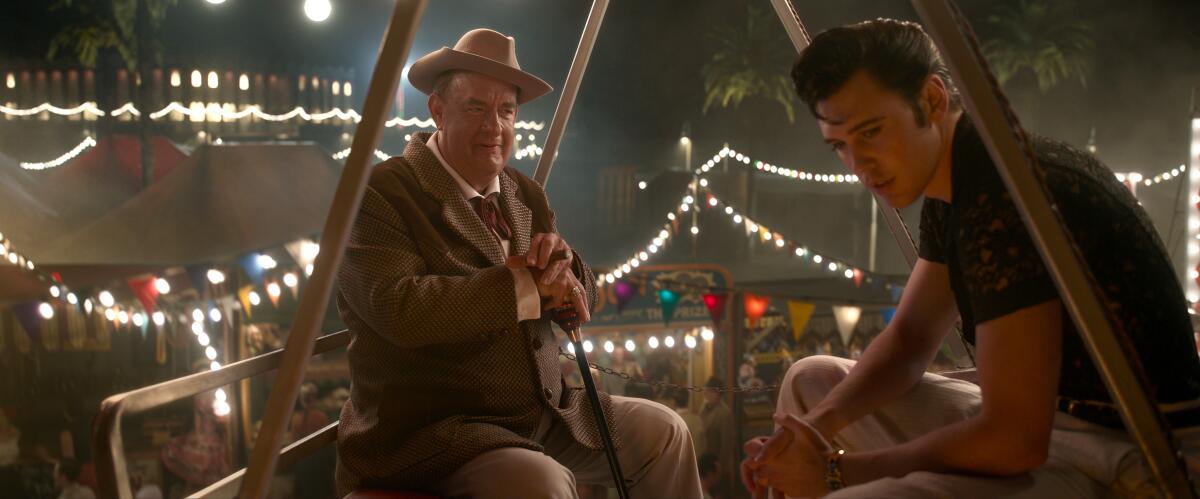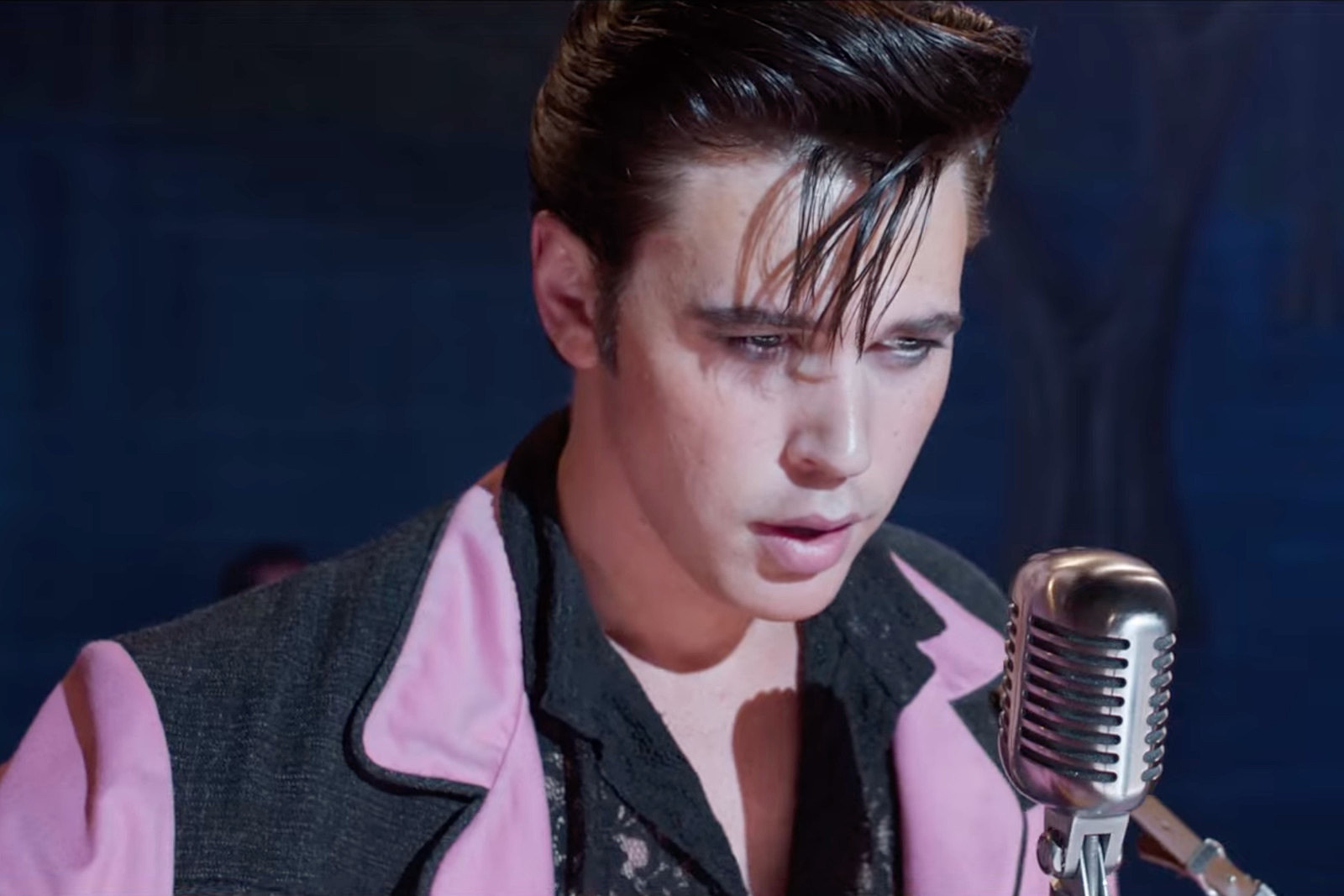Elvis and Priscilla: King and Queen of their own stories
Elvis and Priscilla
Firstly, these two films have obviously made starkly different decisions about whose story they tell. More than that, those decisions don’t just dictate who the main protagonist is but the very story they will tell. What do they emphasise and remember? What do they leave out? What’s important to them, what’s not worth remembering or paying close attention to? Choosing a main protagonist doesn’t just change the film’s title, it changes the whole story. Both of these films are concerned with getting really close to their main protagonist and inside their personal worlds. That naturally leads us to a process of not just familiarising ourselves with the characters and understanding them but also trying to empathise with their experiences. There’s no doubt that their lives are imperfect and troubled in various ways, but charting their struggles alongside one another makes their lives make sense. There’s never just one side to a story.
Secondly, style and editing are very different in these films but they are crucial to the storytelling and character construction. Where Lurhmann’s Elvis is punchy, overstimulating and intense, Coppola’s Priscilla is restrained, muted and unsettling. There are definitely overlaps between the films, biographical facts which are unchangeable, but from the opening shots it’s clear these are two films that do not agree. The frantic chaos of Elvis throws us into the all-consuming world and life of The King, whereas the picture-perfect aesthetic of Priscilla is ruled by an iron fist. In part, these differences might tell us more about the audiences who are drawn to these films than the films themselves and the stories they tell. What kind of person locks into the sensory melting pot of Elvis? What kind of person is attracted to the pristine lines and cleanliness of Priscilla?
I do wonder what might’ve been different if I’d watched these films the other way around. If I’d been able to watch both at the same time, under precisely the same conditions, like a lab experiment. But that was not the case, and instead I have my own biases and preferences and impressions. Watching these two films alongside each other reminds us that it’s always worth getting multiple opinions and perspectives, rather than simply relying on one. Exposing ourselves to different perspectives has an expanding effect, where we can become more open and understanding - especially when it comes to the sensitive material of a person’s life story, as is the case with Elvis and Priscilla.




Comments
Post a Comment